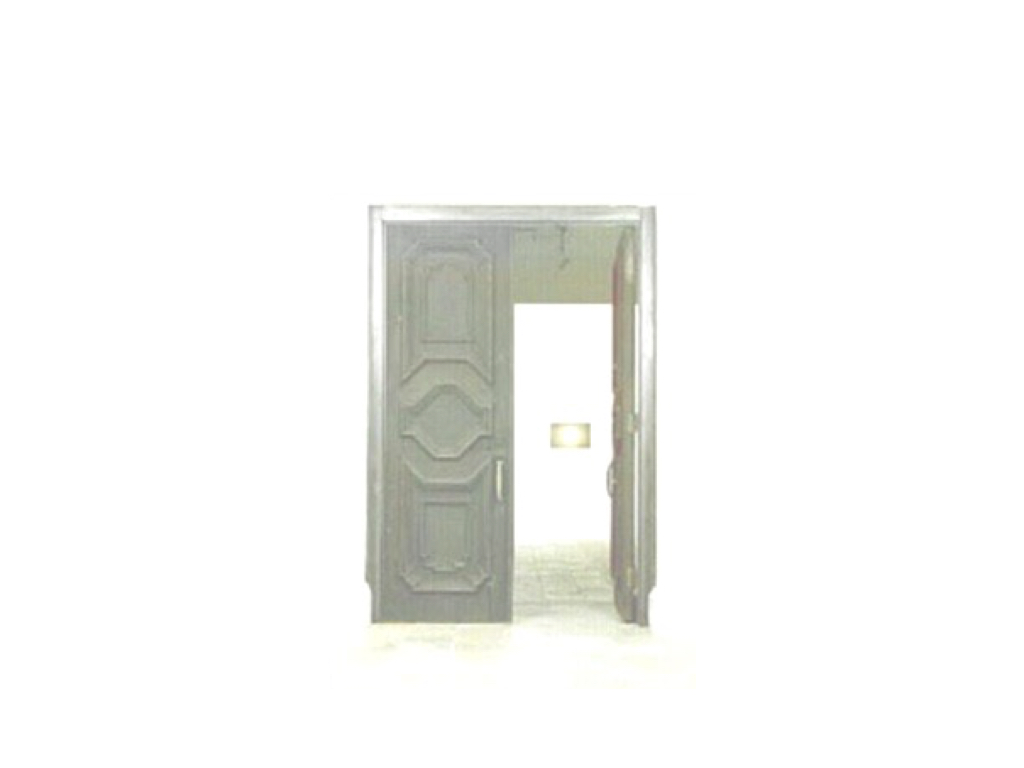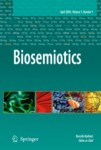The Eleventh Annual International Gathering in Biosemiotics will be held from June 21 to June 26, 2011 under the auspices of the Dactyl Foundation at the Rockefeller University for Biomedical Research in New York City, USA. Biosemiotics is an interdiscipline that seeks naturalistic understandings of metalistic phenomena, grounded in biology, and, in turn, seeks understandings of biological processes in terms of a general semiotics.
What can be learned about human semiosis, interpretation, communication, creativity and meaning-making by studying less complex but analogous phenomena in cellular signaling, chemotaxis, zoosemiotics, embryonic development, or the immune system? Can the pervasive metaphoric usages of chemical “message,” genetic “information,” and “signaling” in contemporary biology be defined more precisely by taking them literally? While human symbolic representation may be species-specific–or at least unique to unusually big-brained animals–it must have emerged out of less complex semiotic processes and proto-semiotic processes. What are the antecedents of human semiosis? And how can the exploration of these antecedents help bridge the unnatural gap between body and mind that was imposed centuries ago more for religious than scientific reasons?
All are welcome to attend. For registration information click here.
Want to learn more about Biosemiotics? Visit the International Society for Biosemiotic Studies website, or listen to ISBS Vice-President Don Favareau on BBC radio.
 This is a rare opportunity for Americans to attend the Biosemiotics annual conference. Usually held in Europe, it will be held in California this spring.
This is a rare opportunity for Americans to attend the Biosemiotics annual conference. Usually held in Europe, it will be held in California this spring.
 The
The